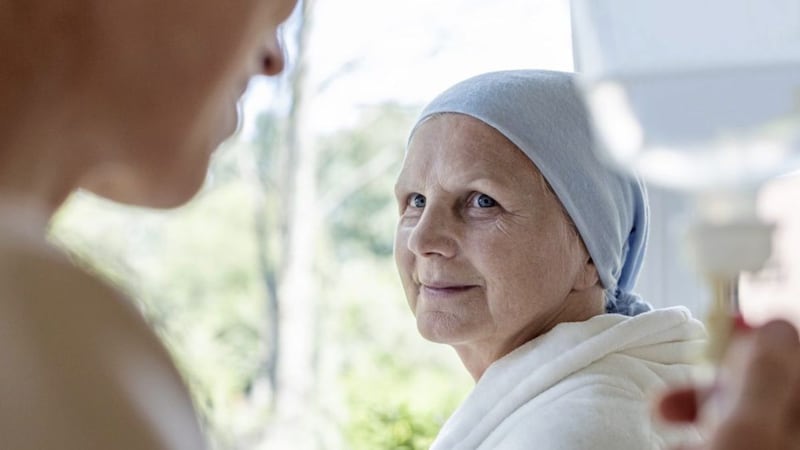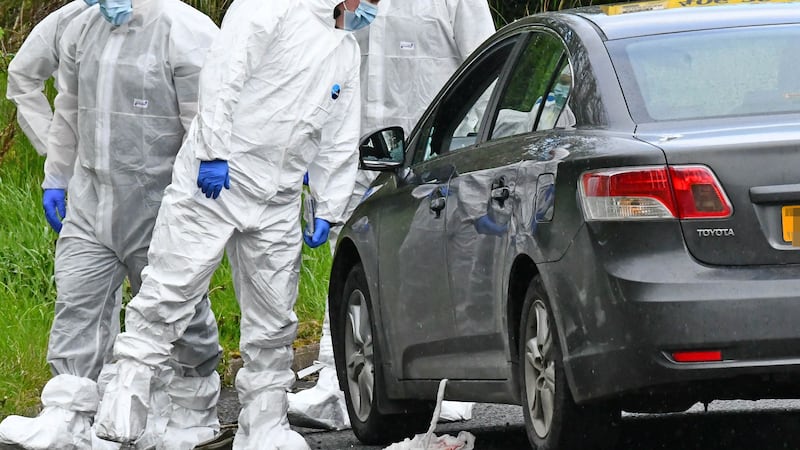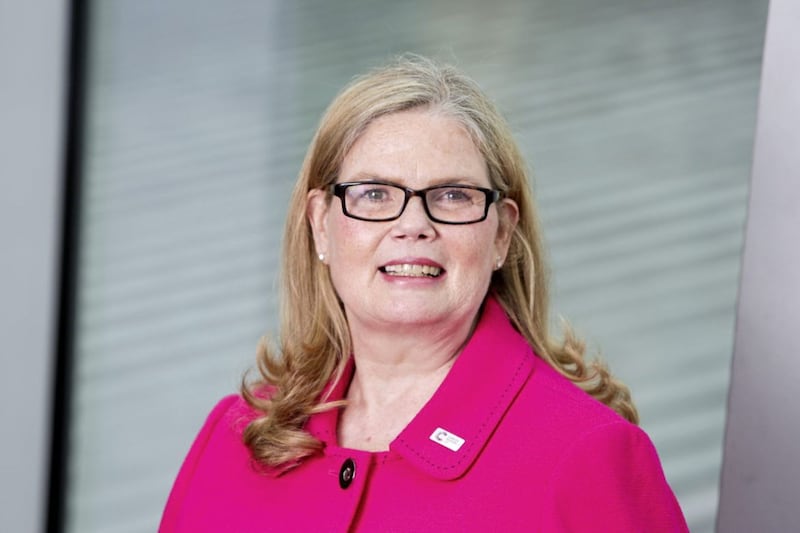THE Northern Ireland Executive was last night called upon to "fully" fund a cancer recovery plan which "delivers the staffing and resources needed".
Macmillan Cancer Support made the call following the release of the latest cancer waiting times in the north.
Health Minister Robin Swann said waiting times is a "major priority" for him after Department of Health figures showed that just over half of those given an urgent referral for suspected cancer by their GP in December commenced their treatment within the recommended time.
Of the 333 patients referred, just 55 per cent of people started treatment within 62 days.
This was compared to 53 per cent in November and 59 per cent in October.
Furthermore, it was also found that in December, 1,499 patients were seen by a breast cancer specialist for a first assessment following an urgent referral.
However, of these, just 62 per cent were seen within the recommend 14 days.
This was slightly better than the 46 per cent in November and less than the 70 per cent in October.
It is also half the 88 per cent in December 2019.
In addition, in December, of the 792 patients who commenced their first treatment for cancer following a decision to treat being taken, 93 per cent started treatment within 31 days.
This was compared to 93 per cent in November and 96 per cent in October.
The figures also showed that in December, 1,848 new referrals for suspected breast cancer were received compared to 2,117 in November and 2,334 in October.
Mr Swann said the pandemic had "exacerbated already unacceptable waiting times as specialist staff, beds and critical care services were redirected to ensure that there were sufficient intensive care beds for all those who needed this care - Covid and non-Covid patients alike.
Mr Swann said health officials are currently finalising a Cancer Recovery Plan to address the immediate issues in cancer services.
"I have already introduced a regional process to ensure that cancer surgery will be delivered on the basis of clinical need, making best use of all available theatre capacity across the province," he said.
"As part of the wider recovery plan for Northern Ireland, we are developing green pathways (Covid-free areas or buildings) for non-Covid-19 care.
"Plans are underway to increase capacity to address backlogs in screening, diagnostic and treatment services as a consequence of the impact of Covid-19".
Mr Swann said there were also plans to support in-house capacity by providing additional diagnostic and surgical capacity through the independent sector and other UK and ROI providers.
However, the health minister said that "significant recurrent investment" was needed to support the service to address waiting times.
Alasdair O’Hara, Policy and Public Affairs Manager for Macmillan in Northern Ireland, said "something has to change".
"The health service, and the hard-working professionals who work within it, need investment and support to deliver cancer care swiftly and safely," he said.
"The Executive can do this by fully funding a cancer recovery plan which delivers the staffing and resources needed, maximises capacity and prioritises a regional approach".








